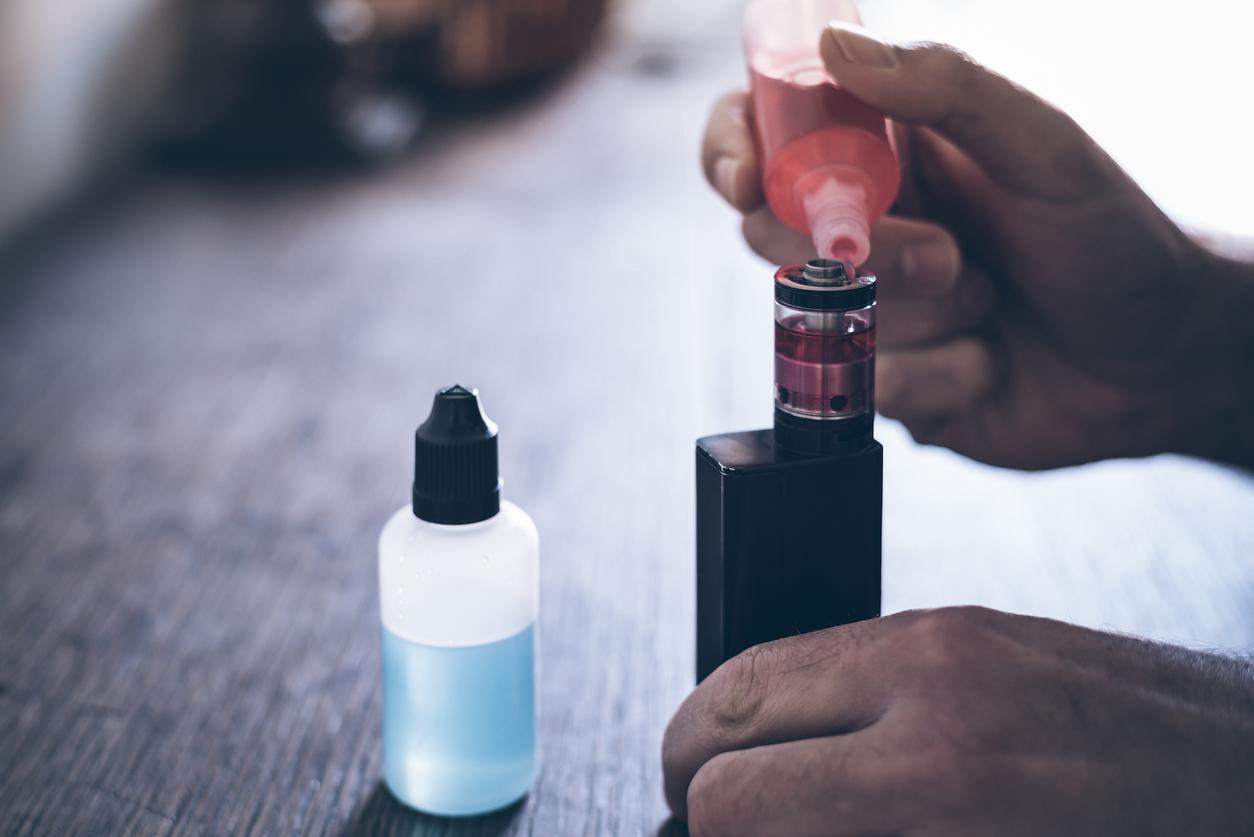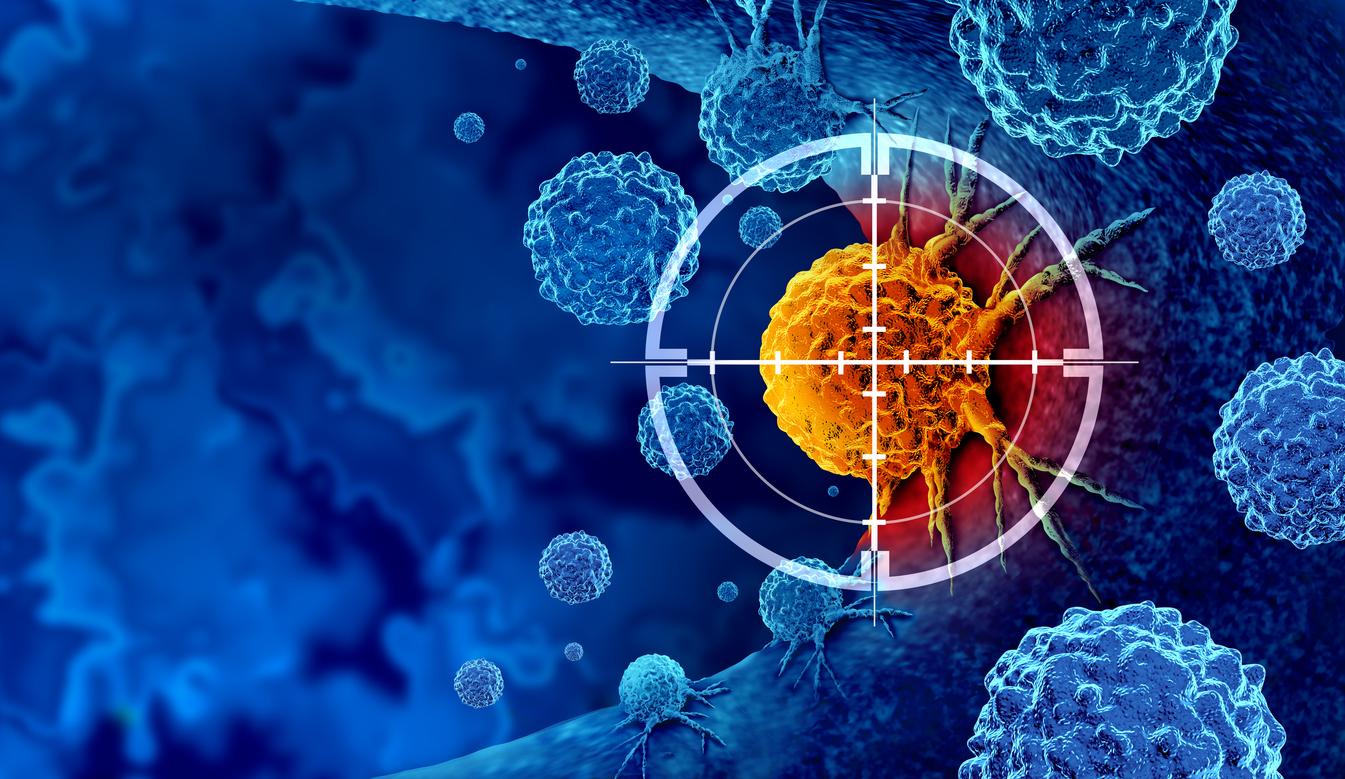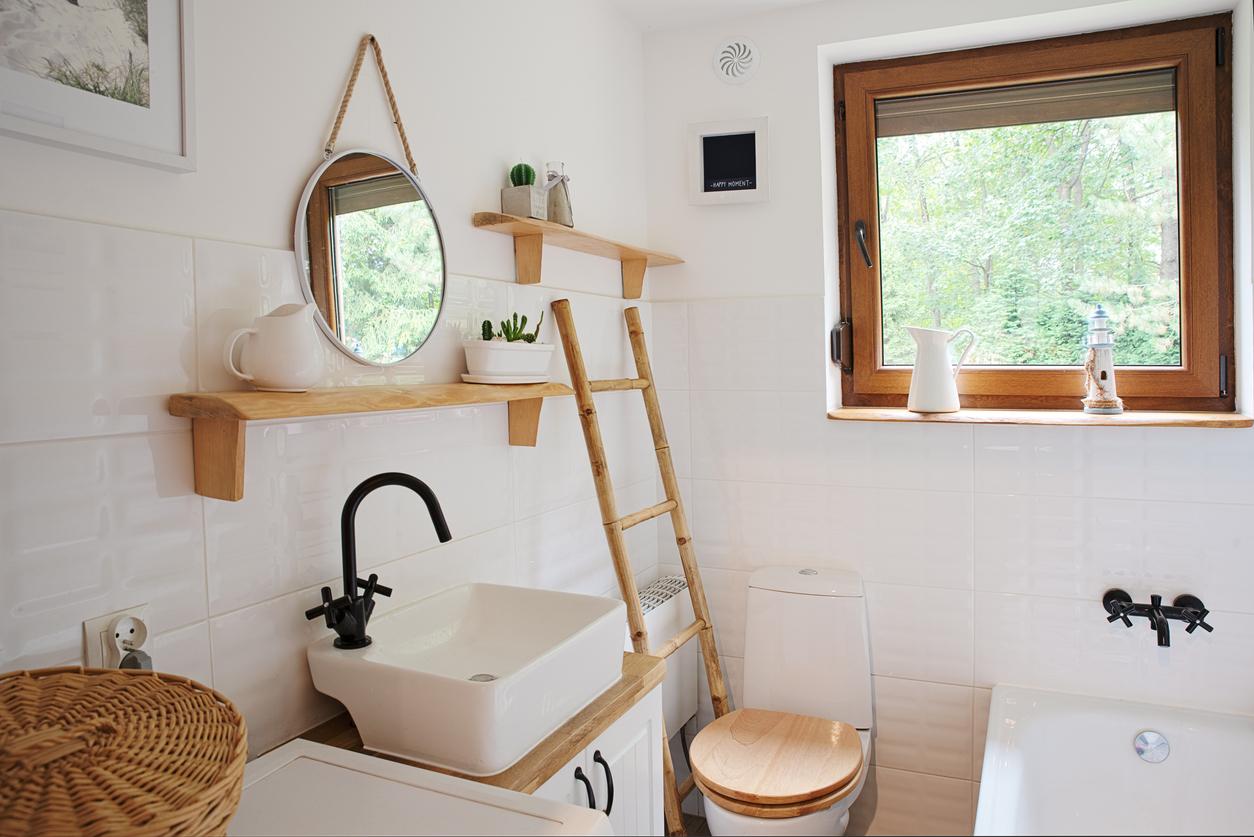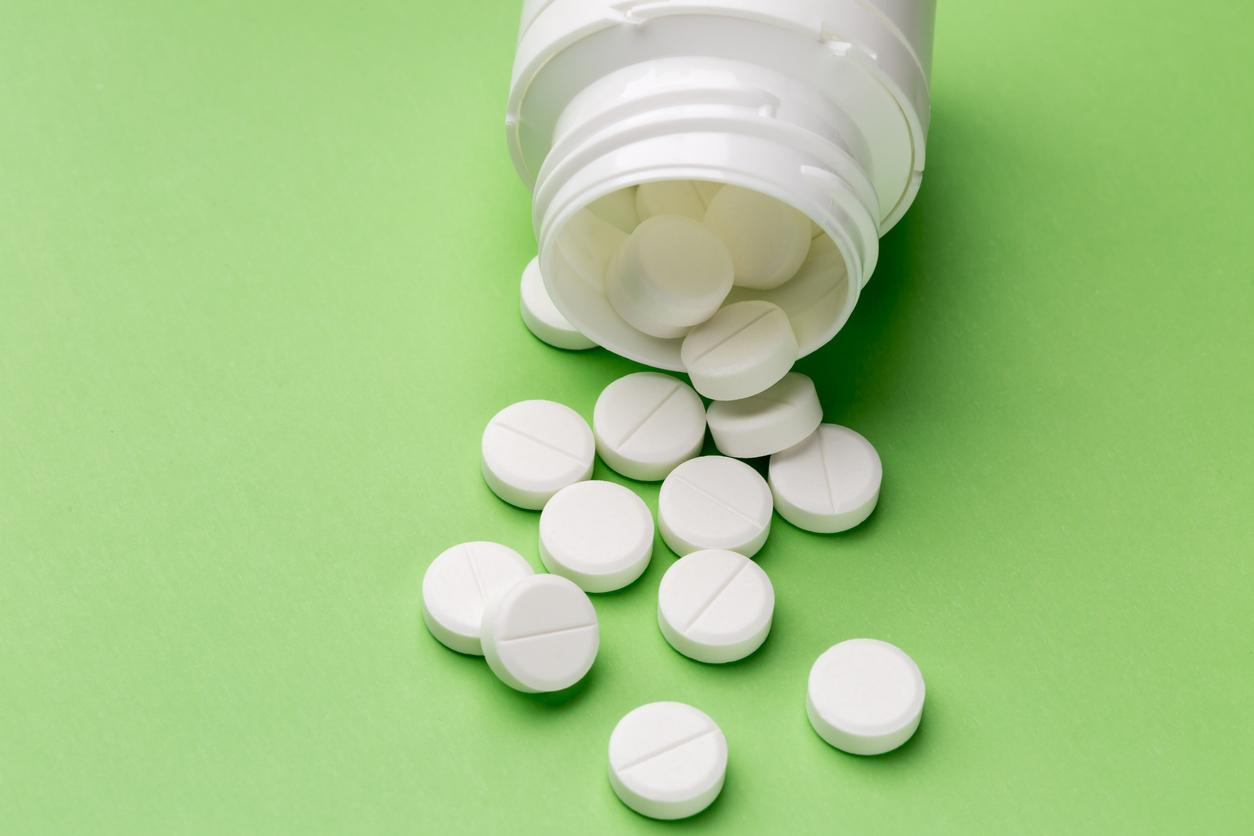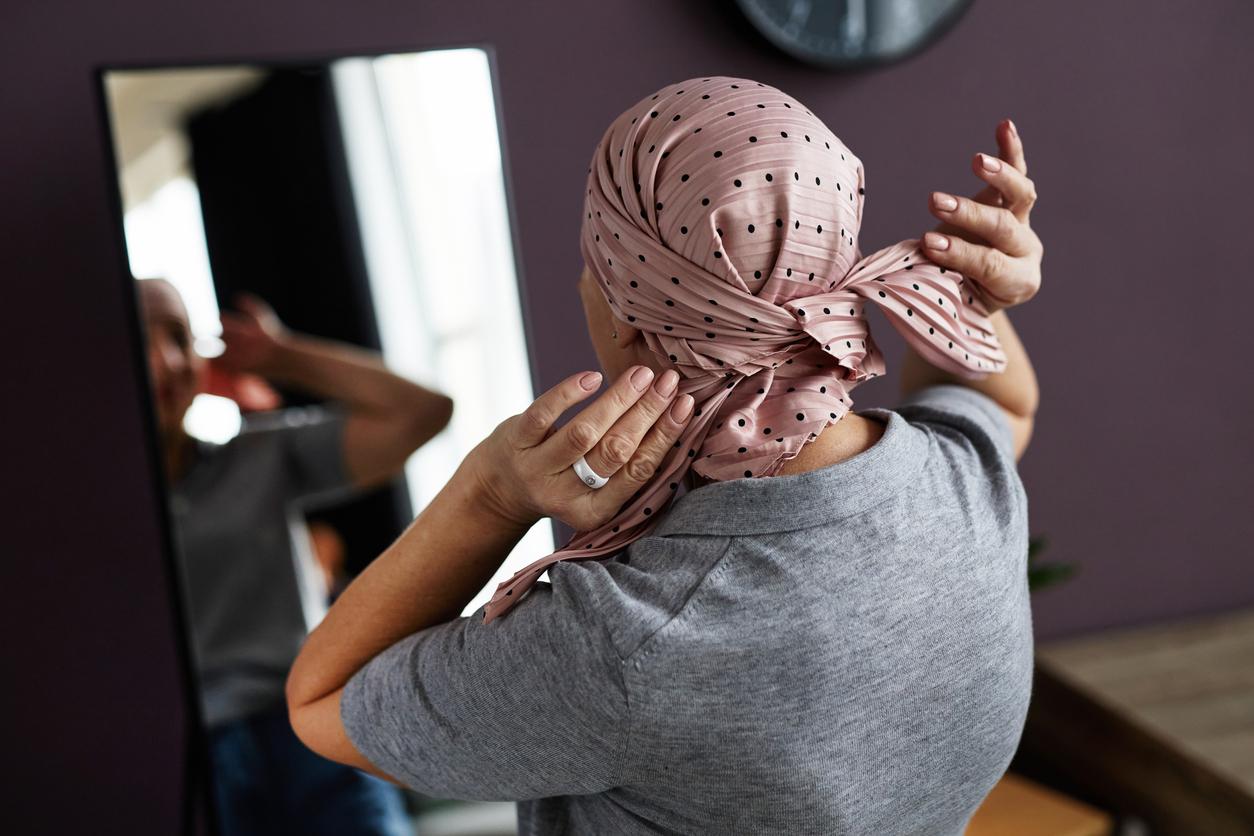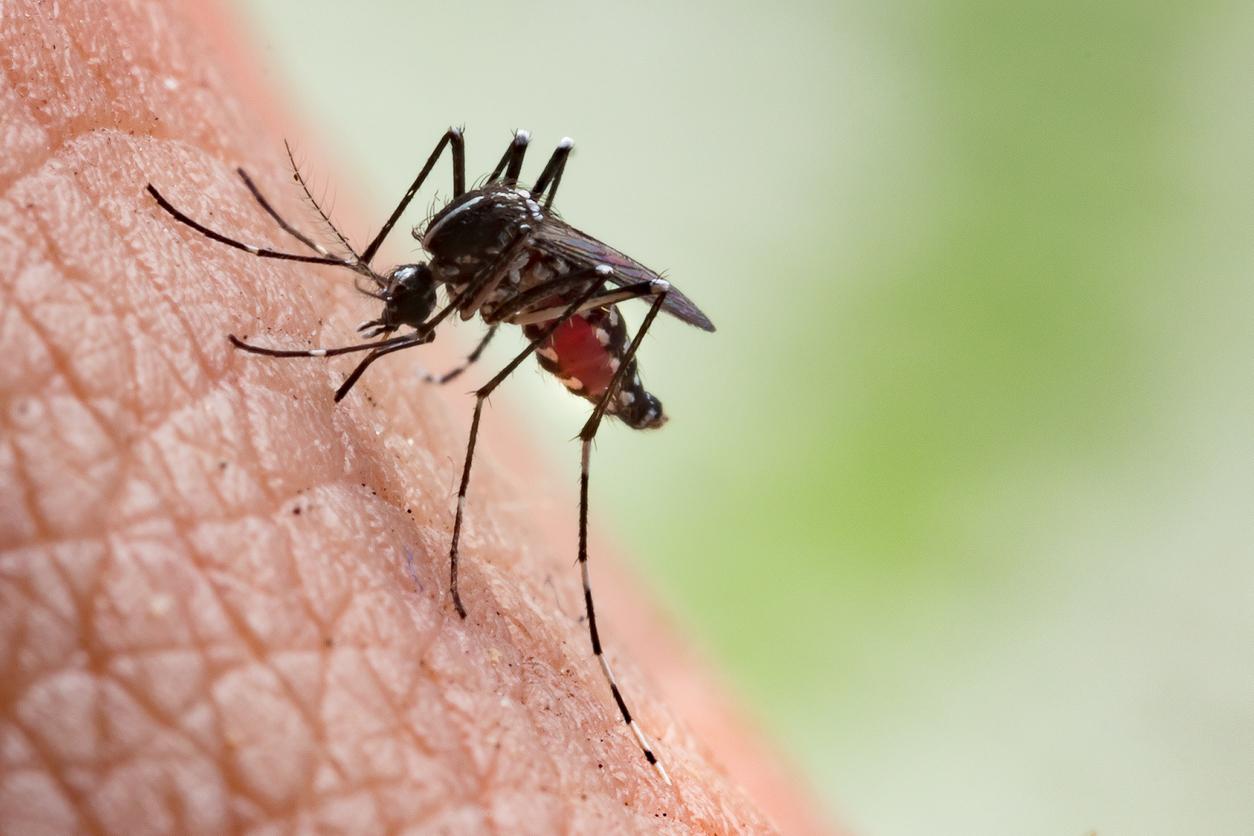Breast prostheses are once again in the news. Some of them are thought to be responsible for a particular and rare cancer, anaplastic large cell lymphoma, and have claimed 2 victims to date.
In early March 2015, the National Cancer Institute (Inca) announced that breast prostheses would be responsible for a particular form of cancer: anaplastic large cell lymphoma (LAGG). Since 2011, this tumor has affected 173 women with implants worldwide and 18 in France. Oncologists have also found that there is no such cancer in people who do not have implants. This pathology can occur in women who have had a breast prosthesis, whether for aesthetic reasons or as part of breast reconstruction after breast cancer.
In 80% of lymphoma cases, the women were carriers of “textured” type implants, which constitute 80% of the prostheses currently implanted in France. Finally, of the 18 French cases, 14 appeared in women with American Allergan prostheses.
Precautionary measures, but no alarmism
Despite this revelation, the Inca wants to reassure women who wear breast prostheses.
“The risk of developing this type of lymphoma is extremely low and in the majority of cases it is ‘of good prognosis’. The cause is an inflammatory process that would take years to degenerate into cancer, which would leave room for screening, ”according to the National Cancer Institute (Inca). This point of view was confirmed by the Minister of Social Affairs and Health, Marisol Touraine, who declared at a press conference: “we are vigilant, but we must reassure women with breast implants. Women with breast implants are not recommended to have them removed to prevent the onset of this lymphoma. The attribution to the type of prosthesis in question is still being investigated by experts ”. The National Medicines Safety Agency is mobilized to establish whether implants should be banned, especially those said to be textured.
Read also :
Breast cancer: breast prostheses again involved
17,000 women had their PIP prostheses removed
Breast prostheses: a low rupture rate










